GlobalData: Global coal production set to grow to 2022, despite major players scaling down capacities
Green Car Congress
MARCH 6, 2019
Coal production in India, Indonesia and Australia is forecast to grow at respective compound annual growth rates (CAGRs) of 10.9%, 3.9%, and 2.3% After declining consecutively for three years, global coal production increased by 2.8% to 7,188.8 Mt in 2017 and then rose again by a marginal 0.1% to 7,194.1 Mt in 2018.


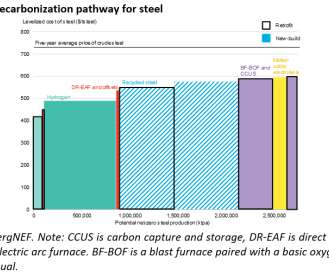
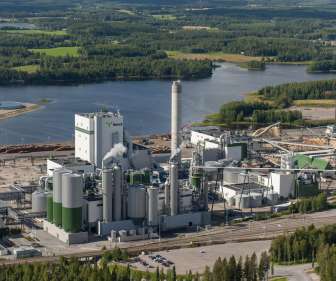


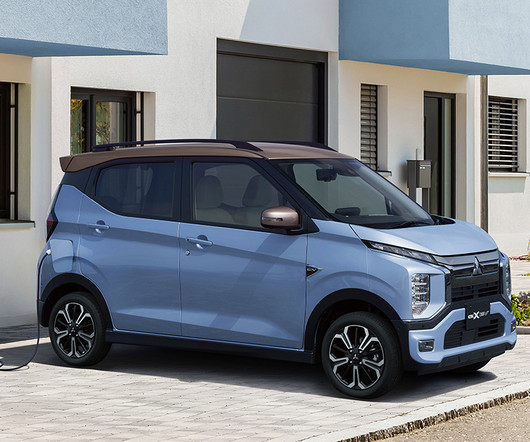
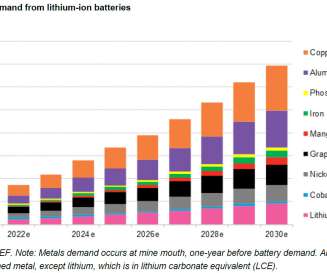


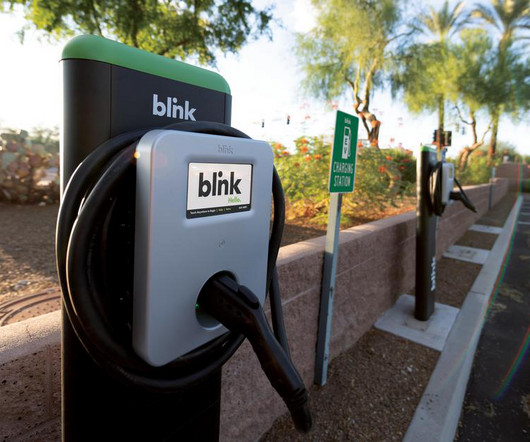

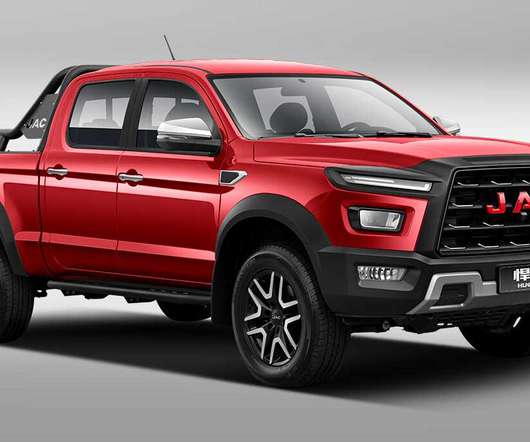






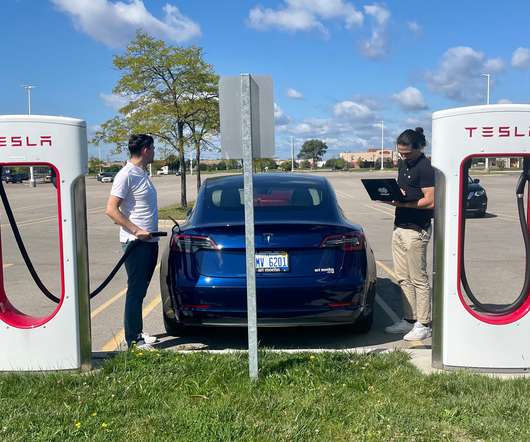




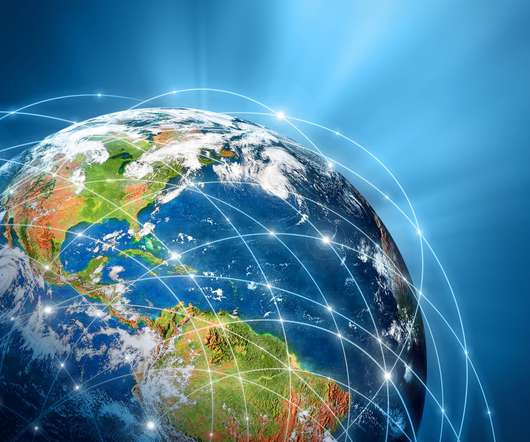
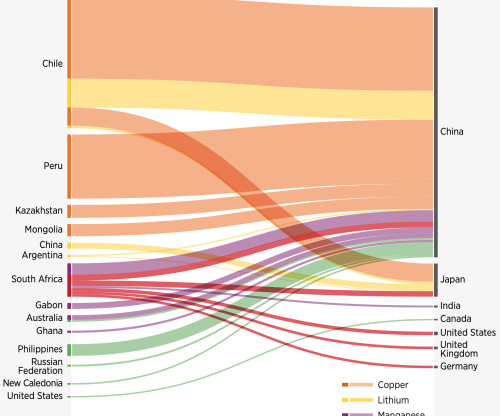

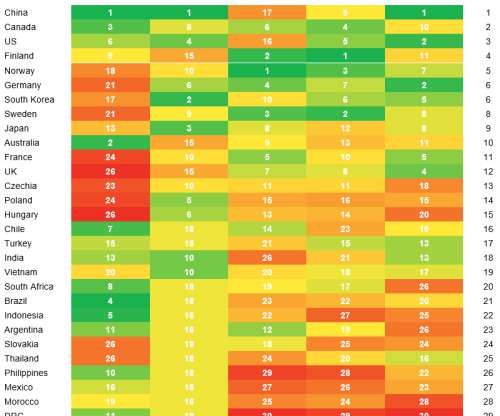







Let's personalize your content